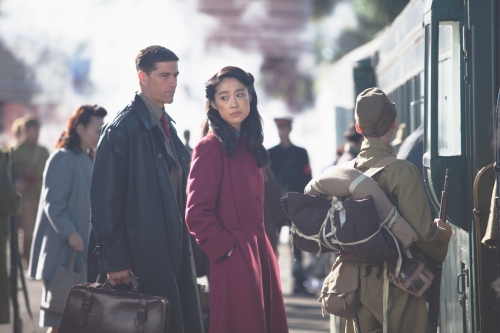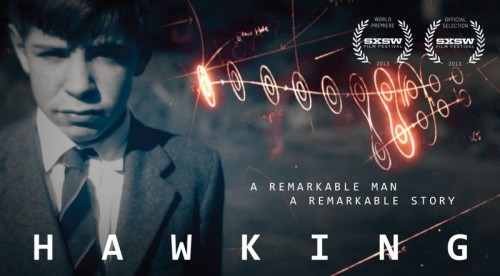Ella Walker speaks to the director Peter Webber (director of Girl With A Pearl Earring and Hannibal Rising), about working with Tommy Lee Jones and braving his critics.
Can you start by explaining what made this a story you just had to tell?
I’ve always been very interested in Japan and Japanese culture. I think it’s an interest that started when I discovered the films of Kurosawa and Ozu when I was a teenager. also the thing that made me really interested in this particular subject matter was that it seemed very metaphorical for what was going on today. It’s a way I could tell a story from the past that had some resonance in the present – it’s about regime change, the battle between justice and revenge. And I had always wanted to work with Japanese actors and do a film set in Japan; this seemed like a very good opportunity.
Considering the plot is based on true events, did you feel a responsibility to the real people portrayed?
Yes, but you also have to balance that against responsibility to the audience. You can be tugged in different directions. There’s obviously been an awful lot of films, not about this particular subject, – this is a post-war film rather than a war film – but about the Pacific War, and overwhelmingly they’ve put the American point of view. I felt it’d be interesting to tell a tale where you would hear what the Japanese had to say.
What made you pick Matthew Fox for the lead role?
I was looking for someone who was the modern day equivalent of Gary Cooper. Quite an old fashioned, strongly morally centred, very masculine kind of a figure, and it just seemed to me Matthew Fox was perfect for that. He has some of that 1950s leading man about him.
What was it like working with Tommy Lee Jones? Is he as intimidating as he comes across?
It’s scary to begin with, because he comes with a big reputation, he can be quite daunting but actually he’s great to work with. He’s super smart and underneath that rather gruff exterior, beats a heart of pure gold (Peter breaks off laughing). But it is a very gruff exterior.
Were there any tough days when you thought the film wasn’t going to work out?
Every day is a difficult moment on set because you never have quite enough money and you never have quite enough time. Stanley Kubrick said making a film is like trying to write War and Peace on a rollercoaster, so every day has its challenges.
Emperor has been considered a critical and commercial flop in America. What do you think of its reception so far?
I was particularly pleased with the way it’s gone down in Japan. It’s been very successful in Japan, I think it’s just passed the £12m box office mark, so that was important to me, that people went to see it over there. I got a couple of good reviews from my two favourite reviewers – Rex Reed and Roger Ebert. There’s obviously bad reviews out there as well, I’m choosing to ignore those.
What do you want people will take from the film?
I hope they enjoy it, I hope it makes them understand a bit about how enlightened American foreign policy used to be, I think it casts an interesting light, especially with current events. It’s very important to remember and understand history. But I hope really that they’ll be plunged into a strange, mysterious and fascinating world and really learn something about a period of history that hasn’t been told before.
ella.walker@cambridge-news.co.uk
First published by the Cambridge News.



![8638394-1[1]](https://ribbonandrope.files.wordpress.com/2012/09/8638394-11.jpg?w=500)
